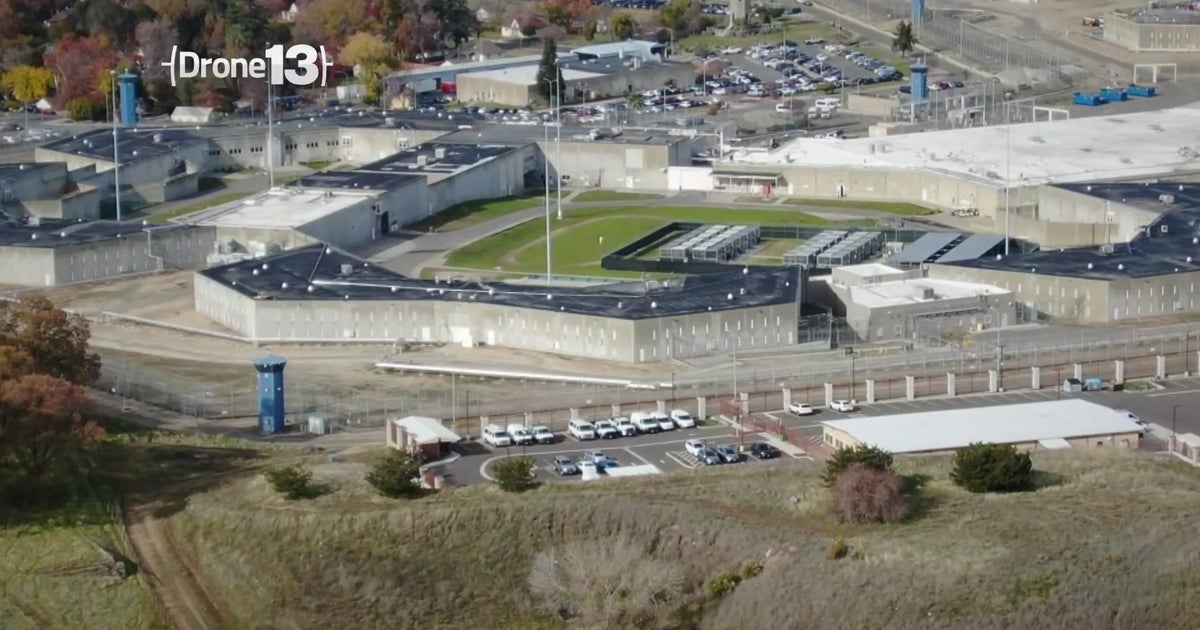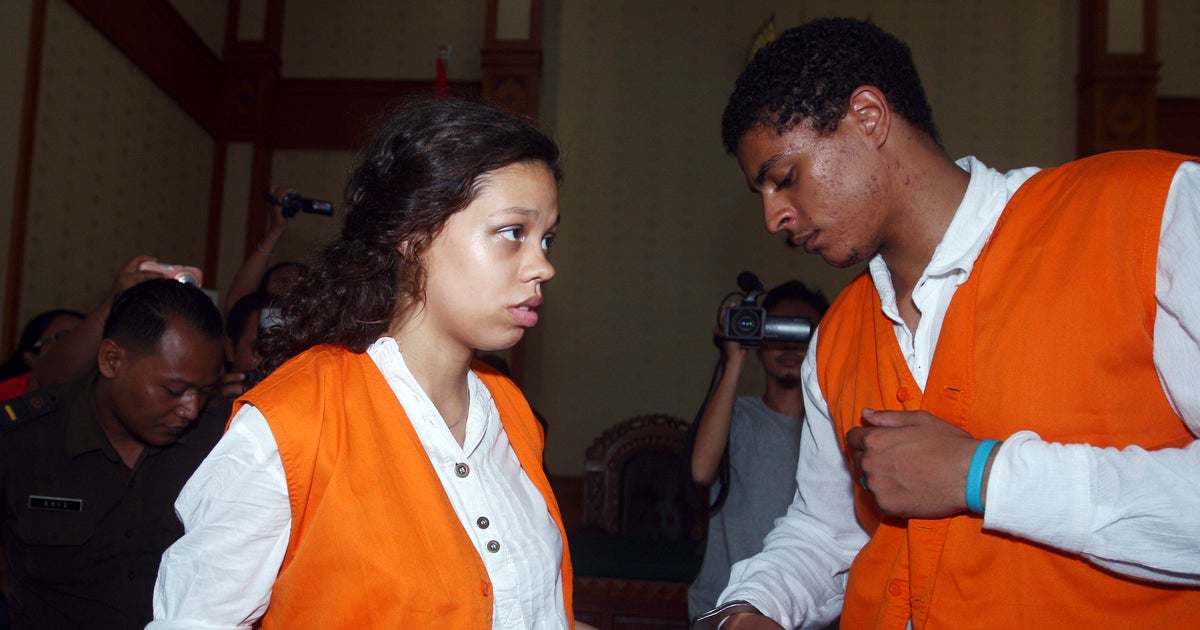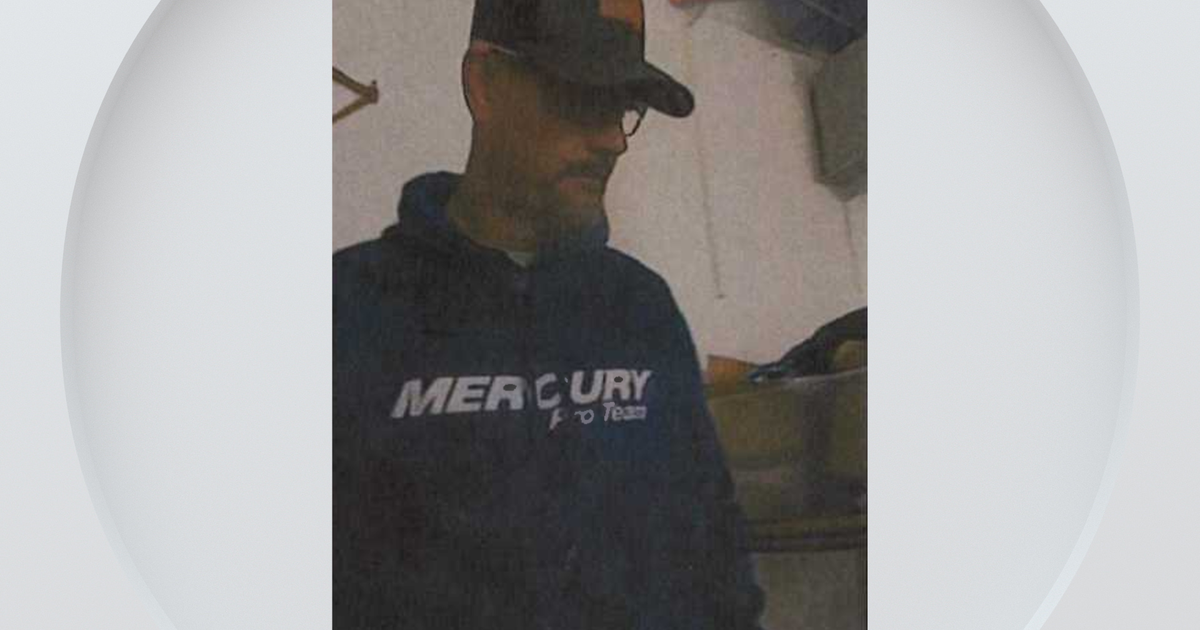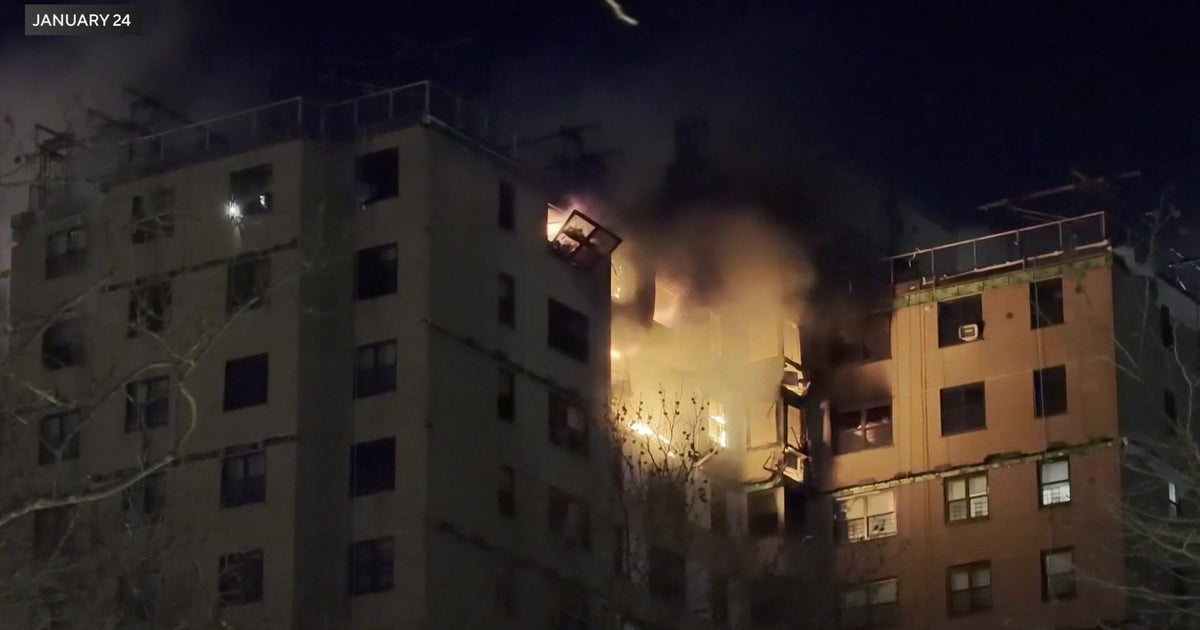Former NFL Star Aaron Hernandez Hangs Himself In Prison
BOSTON (AP) — Former NFL star Aaron Hernandez hanged himself Wednesday in the prison cell where he was serving a life sentence for murder, hours before his ex-teammates on the New England Patriots visited the White House to celebrate their Super Bowl victory, authorities said.
His death came just days after the 27-year-old athlete was acquitted in a second murder case.
Guards found Hernandez shortly after 3 a.m., Correction Department spokesman Christopher Fallon said. The onetime tight end was taken to a hospital and pronounced dead about an hour later.
Hernandez had been housed in a single cell in a general population unit at the maximum-security state prison in Shirley. He tried to jam the cell door to prevent guards from opening it and hanged himself with a bedsheet tied to a window, Fallon said.
Fallon said that he was not aware of any suicide note and that officials had no reason to believe Hernandez was suicidal. Otherwise, Fallon said, he would have been transferred to a mental health unit.
The Worcester County district attorney's office and the Correction Department are investigating.
Hernandez's lawyer, Jose Baez, said he will conduct his own investigation.
"There were no conversations or correspondence from Aaron to his family or legal team that would have indicated anything like this was possible," he said in a statement.
"Aaron was looking forward to an opportunity for a second chance to prove his innocence. Those who love and care about him are heartbroken and determined to find the truth surrounding his untimely death."
The Patriots had no immediate comment. At the White House ceremony in the afternoon, President Donald Trump congratulated the Super Bowl champions but made no mention of Hernandez.
Hernandez helped the University of Florida win the 2008 NCAA championship, but he dropped to the fourth round of the NFL draft because of his behavior in college, where he failed a drug test, he was accused of punching a bar employee, and his name came up in an investigation into a shooting.
He was a productive tight end for the Patriots for three seasons, catching 79 passes for 910 yards and seven touchdowns in his second year to help the team reach the Super Bowl. In 2012, he signed a five-year, $40 million contract extension.
But the team released him in 2013 after he was arrested in the killing of Odin Lloyd, a semi-professional football player who was dating the sister of Hernandez's fiancee. He was convicted and sentenced to life without parole.
Last Friday, Hernandez was acquitted in the deadly 2012 drive-by shootings of two men in Boston. Prosecutors said he gunned them down after one of them accidentally spilled a drink on him in a nightclub.
As the jury was deliberating last week, cameras spied Hernandez blowing kisses to the young daughter he fathered with fiancée Shayanna Jenkins.
His death was "a shocking and sad end to a very tragic series of events that has negatively impacted a number of families," said Bristol County District Attorney Thomas Quinn, who prosecuted Hernandez in the Lloyd case.
Prosecutors suggested Lloyd may have been killed to keep him quiet about the 2012 Boston killings.
In Dorchester, the Boston neighborhood where Lloyd grew up, a family friend of the Lloyds wondered if the weight of Hernandez's crimes — and of great potential squandered — had finally caught up with him.
"I just think it got to him — the guilt," said Mixson Philip, 55. "Each man has to live with himself. You can put on an act like nothing happened, but you've got a soul. You've got a heart. You can't say you don't think about these things. There's no going around that."
Miami Dolphins center Mike Pouncey, a college teammate of Hernandez's, said on Instagram: "To my friend my brother! Through thick and thin right or wrong we never left each other's side. Today my heart hurts as I got the worse news I could have imagined."
In Connecticut, where Hernandez was raised, friends were in shock and grieving.
"We all cannot believe it," said Alex Cugno, who grew up with Hernandez in Bristol. "Especially after him getting acquitted of the double murder. That was a positive thing in our minds."
"I don't believe that he would have killed himself," he added. "It just doesn't add up. It's fishy. It makes you wonder what really went on behind those walls in prison."







